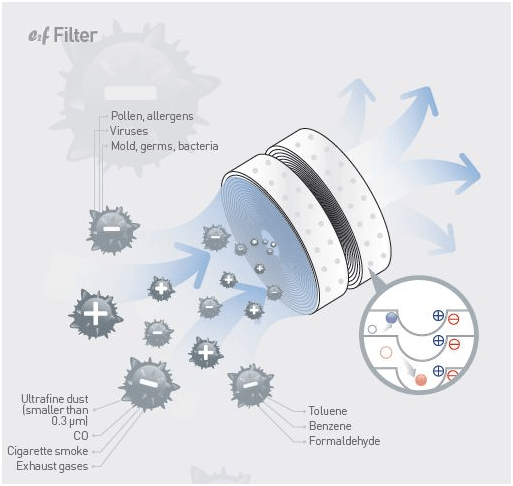The Future Of Home Home Heating - Just How Heat Pump Innovation Is Progressing
The Future Of Home Home Heating - Just How Heat Pump Innovation Is Progressing
Blog Article
Write-Up Writer-David Ringgaard
Heat pumps will be a vital modern technology for decarbonising home heating. In a scenario constant with governments' revealed power and climate dedications, their international ability doubles by 2030, while their share in heating rises to one-quarter.
They function best in well-insulated homes and depend on electrical power, which can be provided from a renewable power grid. Technological innovations are making them more efficient, smarter and less expensive.
Fuel Cells
Heat pumps use a compressor, refrigerant, coils and fans to relocate the air and heat in homes and home appliances. They can be powered by solar energy or electricity from the grid. They have actually been gaining popularity due to their low cost, peaceful operation and the capacity to create electrical energy during peak power need.
Some firms, like IdaTech and BG MicroGen, are servicing gas cells for home heating. These microgenerators can change a gas central heating boiler and create several of a residence's electrical requirements with a connection to the electrical power grid for the remainder.
However there are factors to be skeptical of using hydrogen for home heating, Rosenow says. It would certainly be expensive and ineffective contrasted to other innovations, and it would certainly contribute to carbon emissions.
Smart and Connected Technologies
Smart home modern technology permits home owners to attach and manage their devices from another location with making use of smartphone apps. As Highly recommended Site , wise thermostats can learn your home heating preferences and automatically get used to maximize energy usage. Smart lights systems can be managed with voice commands and automatically shut off lights when you leave the room, reducing power waste. And clever plugs can monitor and manage your electric usage, permitting you to recognize and limit energy-hungry appliances.
https://communityimpact.com/nashville/franklin-brentwood/housing-real-estate/2021/07/15/home-improvement-guide-tips-from-an-hvac-expert/ -savvy home shown in Carina's meeting is a good picture of just how residents reconfigure area heating practices in the light of brand-new clever home innovations. They depend on the devices' automatic attributes to perform daily modifications and concern them as a convenient means of conducting their heating methods. Thus, they see no factor to adjust their practices further in order to allow flexibility in their home energy need, and interventions focusing on doing so may encounter resistance from these homes.
Electricity
Because heating homes make up 13% people exhausts, a button to cleaner choices can make a big difference. But the modern technology encounters challenges: It's pricey and needs extensive home restorations. And it's not always suitable with renewable resource sources, such as solar and wind.
Till just recently, electric heat pumps were also pricey to compete with gas models in the majority of markets. However new technologies in style and products are making them more affordable. And better cold climate performance is enabling them to operate well also in subzero temperature levels.
The next step in decarbonising heating may be making use of warmth networks, which draw heat from a central resource, such as a close-by river or sea inlet, and disperse it to a network of homes or structures. That would reduce carbon exhausts and allow houses to make the most of renewable resource, such as environment-friendly electrical energy from a grid provided by renewables. This alternative would certainly be less costly than switching over to hydrogen, a nonrenewable fuel source that requires brand-new infrastructure and would only lower CO2 emissions by 5 percent if paired with enhanced home insulation.
Renewable Energy
As power rates go down, we're starting to see the very same pattern in home heating that has actually driven electrical automobiles into the mainstream-- but at an even much faster speed. The strong climate situation for impressive homes has actually been pushed further by brand-new research.
Renewables represent a substantial share of contemporary warmth intake, but have been provided restricted plan interest internationally contrasted to various other end-use sectors-- and even less attention than power has. Partly, this shows a mix of consumer inertia, divided motivations and, in lots of countries, aids for fossil fuels.
New modern technologies can make the change much easier. For instance, heatpump can be made a lot more energy efficient by replacing old R-22 cooling agents with new ones that don't have the high GWPs of their predecessors. Some specialists also envision district systems that draw warmth from a neighboring river or sea inlet, like a Norwegian arm. The warm water can after that be utilized for heating and cooling in an area.